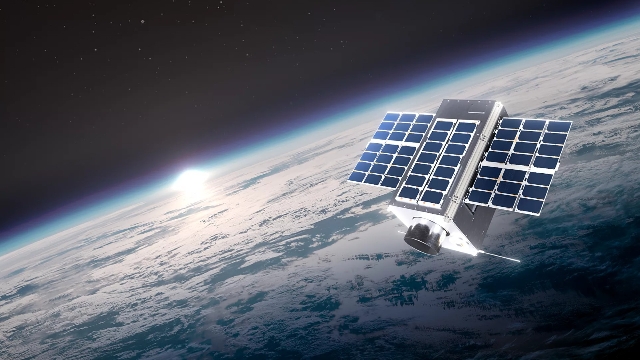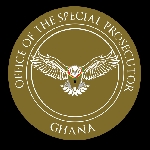National Space Science Policy launched in Ghana
 An image of outer space
An image of outer space
To utilise space technology for national advancement, Ghana has launched a landmark Space Science Policy.
The Minister of Environment, Science, Technology and Innovation (MESTI), Mrs Ophelia Hayford, led the launch in Accra, noting the significance and the promise space technology held for various sectors when adopted and regulated.
“Let us leverage this policy to promote sustainable practices, drive technological advancement, foster international cooperation, and contribute significantly to the growth of space science in Ghana and across Africa,” she urged.
The Manager of Remote Sensing and Climate at MESTI, Dr Kofi Asare said: “Satellite technology allows us to track crop health, soil conditions, and weather patterns, making it a vital tool for agriculture and environmental management.”
“Space technology can help us manage resources, track agricultural health, and mitigate climate change,” the Director of the Ghana Space Science and Technology Institute, Dr Joseph Bremang Tandoh, remarked.
He added the policy would boost job creation and impact infrastructural development.
The Vice-Chancellor of the University of Energy and Natural Resources, Professor Elvis Asare-Bediako, revealed the university was soon going to introduce undergraduate and postgraduate programmes in space technology.
“We are ready and equipped with expertise to partner with the government to push the exploration of space technology to its appropriate height,” he noted.
The Space Science Policy was approved by Cabinet in March 2022 but was launched today, Thursday, November 7, 2024. It is aimed at coordinating Ghana’s space activities and facilitating the establishment of the Ghana Space Agency.
In 2011 Ghana joined eight African countries, including South Africa, for the Square Kilometre Array (SKA) project, with the aim of building the world’s largest radio telescope network.
NASA launched Ghana's first-ever satellite, the GhanaSat-1, into orbit from the International Space Station on July 7, 2017. The creation of a group of engineering students at the All Nations University College (ANUC), Koforidua, Eastern Region, the GhanaSat-1 being the first private university satellite developed in Sub-Saharan Africa.
Bearing low and high-resolution cameras, among other technology, the GhanaSat-1, a CubeSat satellite, was launched into space for exploration and research purposes, measuring atmospheric density and aiding mapping by monitoring the country's coastline.
Trending News

Ashanti Region hosts second “Momentum Walk” with strong message against drug abuse
09:04
BoG reverses decision to terminate nearly 100 staff recruited in December 2024
07:16
OSP arrests top former GRA, SML, PPA officials over suspected corruption in revenue assurance contracts
14:00
E/R: Three dead, several injured in fatal accident at Asuboi on Accra-Kumasi Highway
10:47
Former GIHOC MD arrested by National Security over alleged financial misconduct
10:45
Mahama pushes July 1 holiday to Friday
07:01
C/R: NADMO to crack down on hazardous billboards following fatal building collapse
13:53
Parliament hosts Eswatini delegation to strengthen inter-parliamentary ties
10:32
Gov't suspended Energy Levy to ease economic burden on citizens – Majority Leader
14:56
National Girls-in-ICT Initiative champions digital inclusion: Gender Minister rallies nation to invest in girls' tech future
02:02



